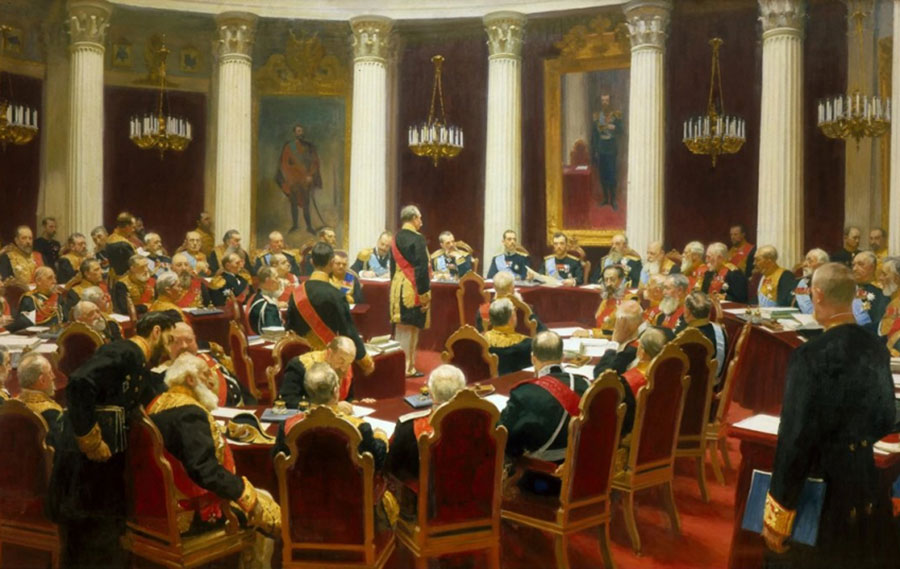In the post-independence period, particularly since 1995, the primary topic of Armenia’s internal political discourse has been and continues to be the legitimacy of the government. A widespread public opinion holds that Armenia’s “Achilles’ heel” is the impossibility of forming a government on a legitimate basis. It is difficult to disagree with this viewpoint.
However, the situation is not unequivocal. This claim has at least two dimensions: a) The public cannot fail to accept the decisions of a legitimate government because it formed the government itself, and b) a legitimate government can afford to make decisions that may be unacceptable or even painful for the public. A government formed through free and fair elections may carry out reforms that are not desirable for the public, relying on its reserve of legitimacy.
The real issue is different. Does a government elected by the fair vote of the citizens always act in the public interest, is it capable and competent in management, and has it not exhausted its legitimacy, support, and public trust? We experienced the bitter consequences of this with the results of the 2018 and 2021 National Assembly elections. We are experiencing it today as well, after the ideological backbone of the Third Republic was broken by the defeat in the Artsakh war. Following this defeat, the current elite conspiratorially recognized Nagorno-Karabakh as part of Azerbaijan, denied Armenian history and church identity and attacked national symbols.
In fact, the group that came to power in 2018 proved immature and incompetent in all aspects, rapidly squandering its political capital. Now, the real rating of the ruling political force is at its lowest, maintained only through the use of personal data via information technology and manipulation of public opinion.
Read also
The main issue, in most cases, is not democracy and regular elections but the presence of an established elite capable of governing the country. Without such an elite, the concepts of democracy, legitimacy, and fair elections become empty words.
According to the American professor of sociology and journalist C. Wright Mills (1916-1962), known for his critiques of contemporary power structures, a small group of the power elite that controls society increasingly sees itself as a separate social stratum. Its members behave differently towards each other than towards others, sharing similar class and educational backgrounds. As they work in the bureaucratic institutions that control society, they adopt the same worldview, understand each other well, act similarly, and establish marriage ties among themselves.
In his work “The Power Elite,” Mills describes how a unique sub-ethnicity forms among the public, represented by the power elite, with distinct behavior, manners, culture, and knowledge from other classes. The power elite are the people in society who make all the significant decisions. Similar processes occurred during the reign of Serzh Sargsyan, when mutual ties were strengthened through inter-clan marriages, godson-godfather relationships, common business interests, and placing related individuals in high state positions, forming a certain subculture.
ACNIS (The Armenian Center for National and International Studies)




















































